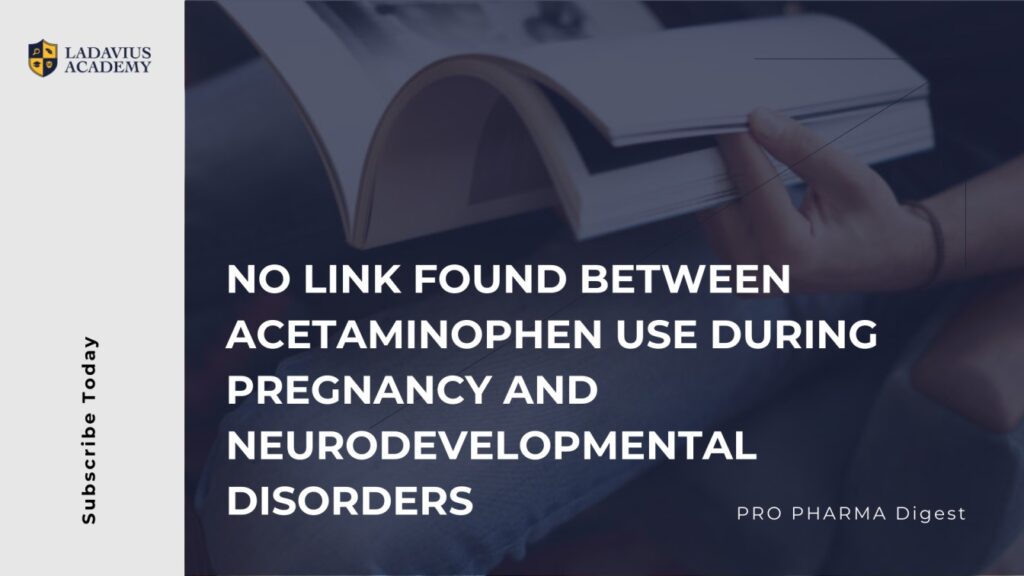A large-scale study funded by the National Institutes of Health (NIH) has found no causal link between acetaminophen exposure during pregnancy and an increased risk of neurodevelopmental disorders in children, such as autism, ADHD, or intellectual disability. This research, published in the journal JAMA, is the largest of its kind to address this question.
Sibling Study Design Controls for Other Factors
The study’s strength lies in its unique design. Researchers compared siblings, who share a significant amount of genetic material and are exposed to similar environmental factors during upbringing. This approach minimizes the influence of confounding variables like genetics and socioeconomic background, allowing researchers to isolate the specific effect of acetaminophen exposure. The study utilized data from the extensive Swedish Medical Birth Register and the Swedish Prescribed Drug Register, providing a robust sample size.
Previous Studies Showed Potential Link
Prior research suggested a small increase in the risk of neurodevelopmental disorders in children exposed to acetaminophen prenatally. However, these earlier studies may not have fully accounted for other factors that could influence the outcome.
Acetaminophen: Common Medication During Pregnancy
Acetaminophen is a widely used medication for pain relief and fever reduction. It’s often the preferred choice during pregnancy compared to nonsteroidal anti-inflammatory drugs (NSAIDs) due to potential risks associated with NSAID use. However, the underlying reasons for taking acetaminophen during pregnancy, such as fever or chronic health conditions, could be linked to an increased risk of neurodevelopmental disorders themselves.
Limitations and Future Research
The study acknowledges limitations, such as relying on recorded prescriptions and self-reported use during prenatal visits. This might not capture all acetaminophen intake, particularly over-the-counter medications. Nevertheless, the vast sample size and control for confounding factors provide strong evidence against a direct link between acetaminophen and neurodevelopmental disorders.
Further research is needed to fully understand the complex interplay of genetic and environmental factors that contribute to the risk of these conditions. This knowledge will be crucial in developing effective preventative strategies.
Posted April 2024.
Subscribe to our newsletter
Personalised by your preferences, subscribe to our newsletters to get the best of the Pharmaceutical Industry news in your inbox.
